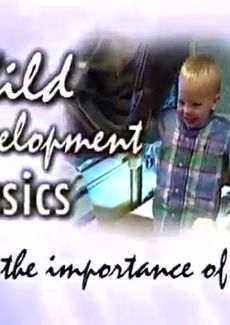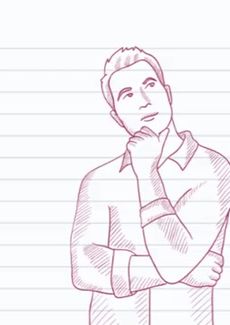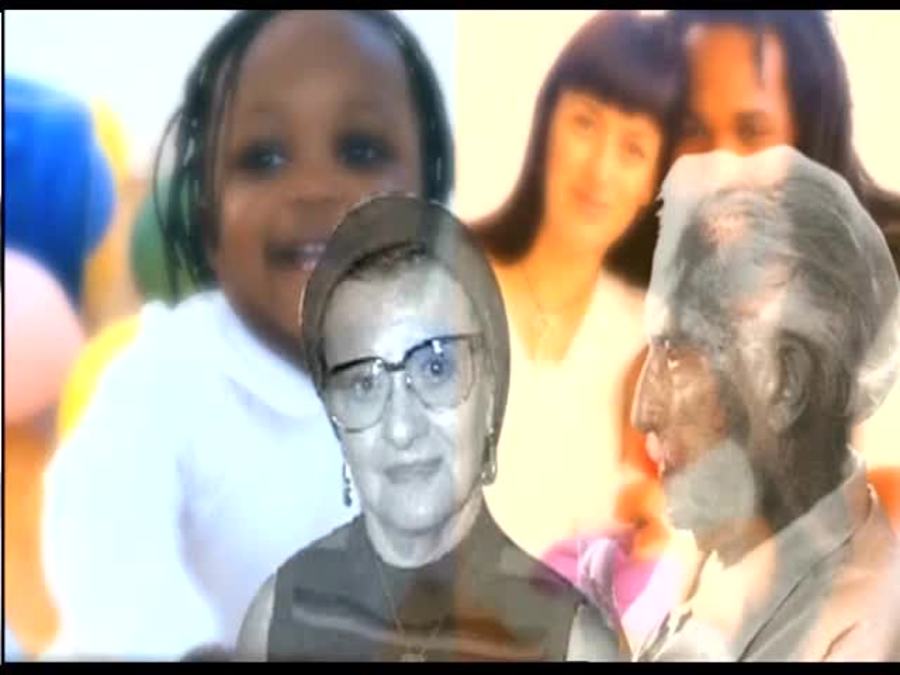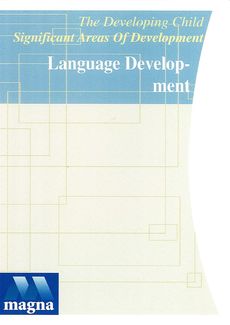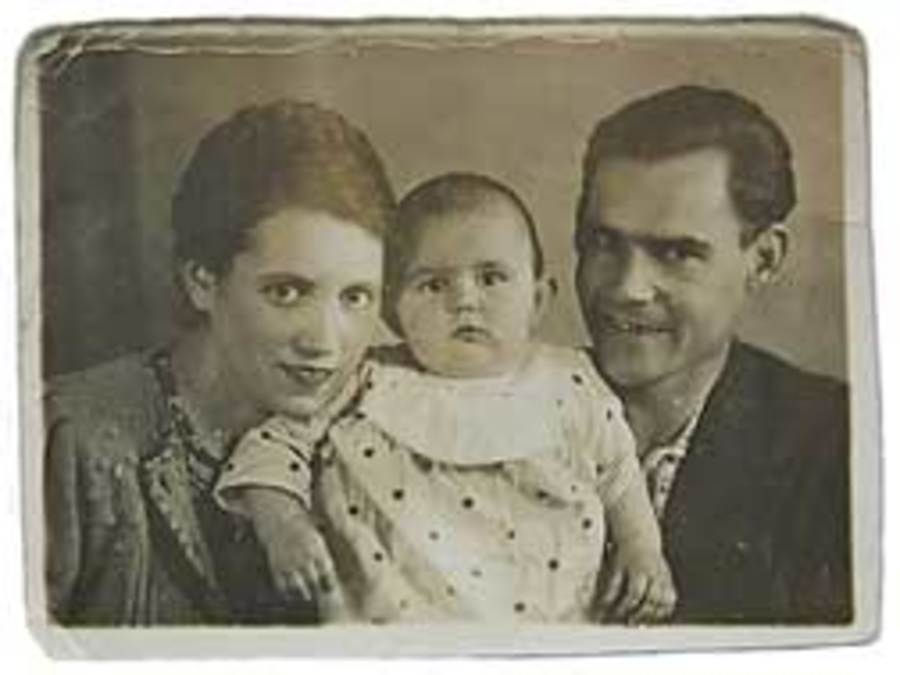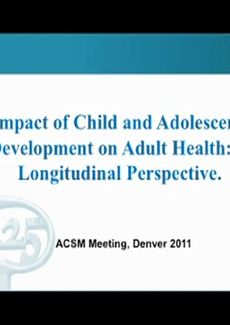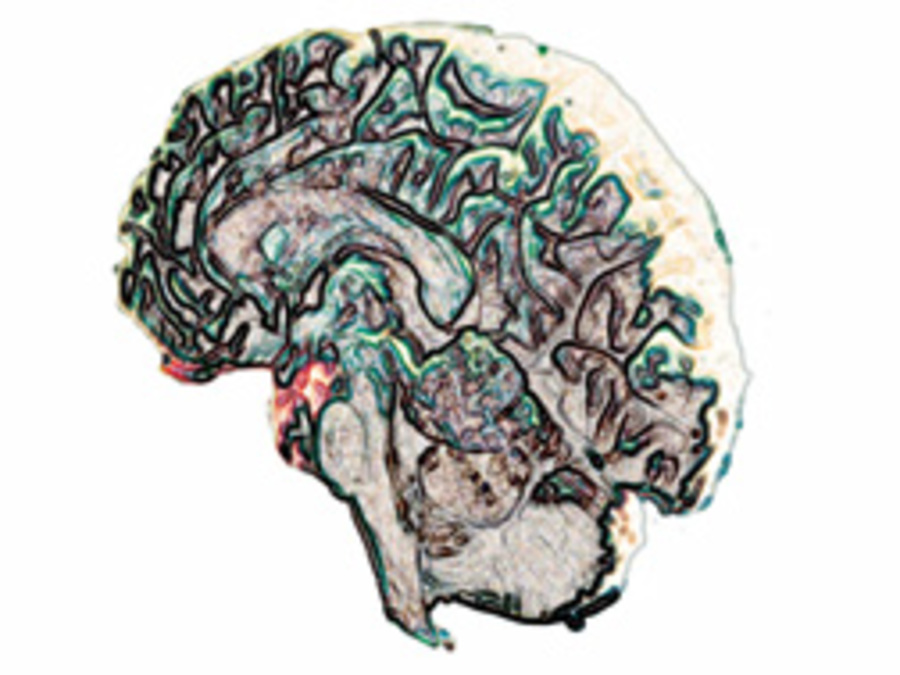 Try these videos to get started. Must be on campus or login with your COM account for off campus access.
Try these videos to get started. Must be on campus or login with your COM account for off campus access.
Want more on finding media? Try Articles & Media.
-
Child Development Basics And The Importance Of Play (15:41)
This program examines the stages of child development and looks at such aspects of development as physical, intellectual, and social progressions. It considers important milestones in the developmental process and discusses the various aspects of different developmental stages
-
Child Development Theorists (20:00)
The changes that happen to humans in the first two decades of life are astonishing — from being helpless newborns to independent adults. The study of that journey — with its physical, intellectual, social, and emotional changes — is called child development theory. Theories in child development have changed the way that parents raise their children and the way teachers teach those children.
Child Development Theorists is an entertaining and enlightening view of fifteen major child development theorists, including:
• Sigmund Freud
• Maria Montessori
• Arnold Gesell
• Lev Vygotsky
• Jean Piaget
• Rudolf Dreikurs
• Erik Erikson
• Abraham Maslow
• John Bowlby
• B.F. Skinner
• Benjamin Spock
• Lawrence Kohlberg
• T. Berry Brazelton
• Diana Baumrind
• Howard Gardner
-
Child Development Video Series
This series of six videos covers the development of young children from prenatal to adolescence. Each video looks at a specific age range, providing insight to viewers on physical and emotional growth.
-
The Developing Child: Language Development (19:00)
Explores the development of language from infancy through middle childhood. Early communication through the cry, gestures and sounds, gradually unfolds into spoken language that explains, problem solves and facilitates thought. Each of the four areas of language are followed. The role of the adult in supporting language and literacy is demonstrated throughout the 29 Minutes.
-
History of Parenting Practices: Child Development Theories (18:26)
Put today’s best practices in child rearing into context with this video. Divided into 20-year increments, History of Parenting Practices provides an overview of the events, policies, and theories that shaped how mothers and fathers raised their children over the course of the 20th century. Viewable/printable educational resources are available online. (18 minutes)
-
Impact of Child and Adolescent Development on Adult Health: A Longitudinal Perspective (2:03:00)
The evidence suggests that childhood and adolescent development is strongly and causally associated with health in adults. Accordingly, an important area of research in the prevention of adult disease involves the early detection and monitoring of change during the first two decades of life. As such, the appropriate approach is to longitudinally model an individual’s timing and tempo of growth. Impact of Child and Adolescent Development on Adult Health: A Longitudinal Perspective explores the impact of childhood growth trajectories of physical activity, physical fitness, and body composition on selected adult measures of health. The video features data from a number of world-renowned longitudinal studies.
-
Series: The Psychology of Learning
This seven-part series comprises a comprehensive analysis of how people learn, investigating the areas of attention, cognitive development, memory, language development, classical and operant conditioning, approaches to learning, and perception. 7-part series, 40–74 minutes each.
-
Study of the Child: Theories of Development
There is no shortage of conflicting information on why children do the things they do. This two-part series helps viewers understand the multifaceted process of child development by presenting the theories of some of the field’s most influential thinkers. Examining models that focus on the mind, feelings, physical development, or social context, along with the ideas of early educational reformers, the programs suggest drawing from several philosophies to create a complete framework for raising and educating the “whole child.” 2-part series, 16–27 minutes each.
![]() Try these videos to get started. Must be on campus or login with your COM account for off campus access.
Try these videos to get started. Must be on campus or login with your COM account for off campus access.